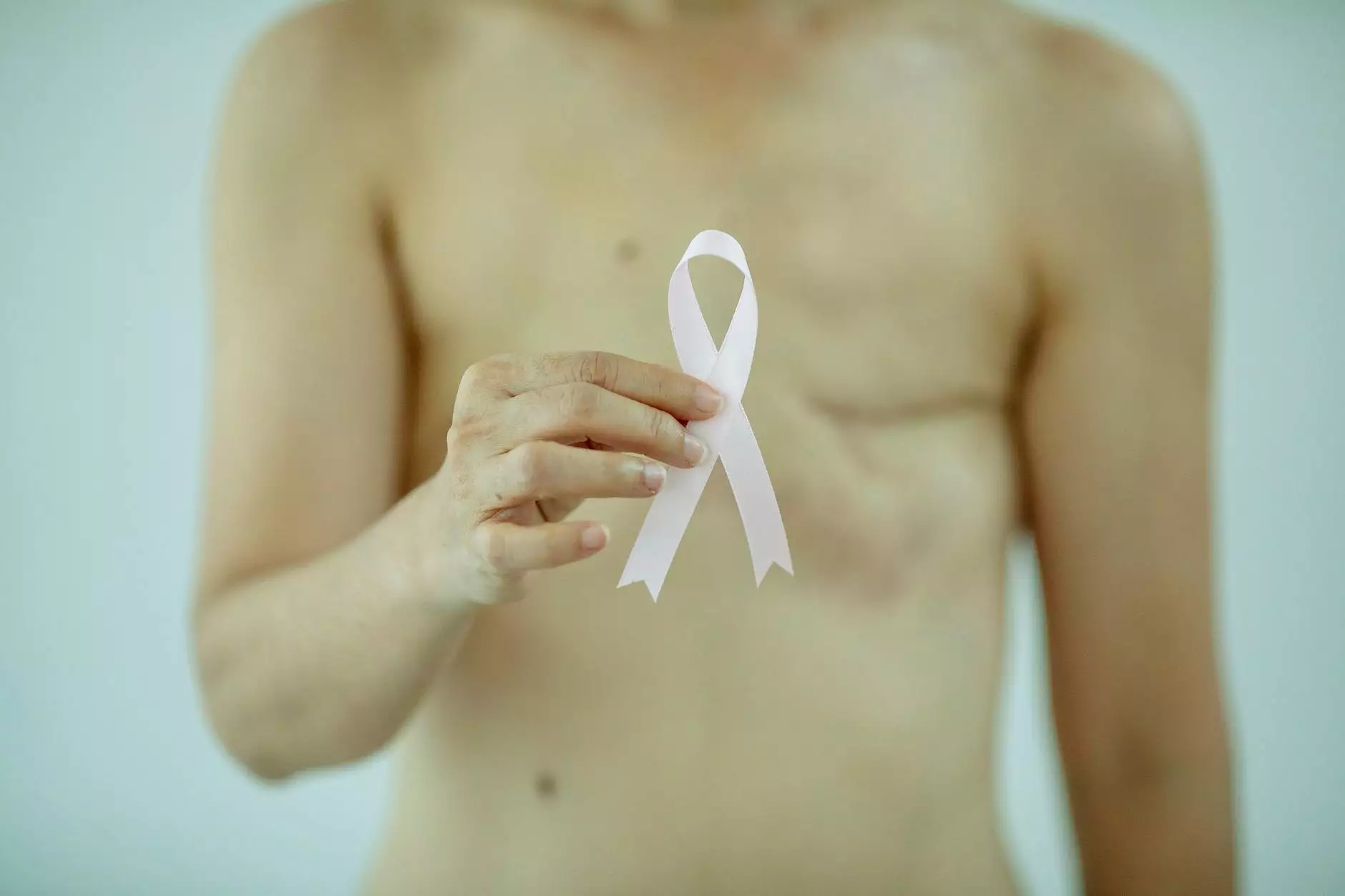Sleeve Gastrectomy Recovery: What You Need to Know

Undergoing sleeve gastrectomy is a profound step towards achieving your weight loss goals and improving your overall health. However, the recovery process is equally important to ensure the success of the procedure. This article will provide you with a detailed overview of what to expect during the recovery phase, essential care tips, and lifestyle changes to achieve the best possible outcomes.
Understanding Sleeve Gastrectomy
Sleeve gastrectomy, also known as gastric sleeve surgery, is a surgical procedure that reduces the size of the stomach by about 75%-80%. The newly shaped stomach resembles a sleeve or tube, which restricts the amount of food you can eat and influences hormones related to hunger. As with any major surgery, understanding the recovery process is crucial for ensuring long-term success.
Initial Recovery Phase
Following the surgery, the initial recovery phase takes place, typically in a hospital setting. This phase generally lasts from one to three days, during which the medical staff will monitor your vital signs and ensure that you’re recovering well. Here are some key aspects to consider:
- Pain Management: It is normal to experience some discomfort post-surgery. Pain medications will be prescribed to help manage this.
- Fluid Intake: You will begin with clear liquids and gradually progress to more substantial liquids. Proper hydration is crucial.
- Mobility: Getting up and walking soon after surgery is important to enhance circulation and prevent blood clots.
Hospital to Home: Transitioning Smoothly
As you transition from hospital care to home, it's vital to follow specific instructions provided by your healthcare team. Here are some tips for a smoother transition:
- Follow a Clear Diet: Start with clear liquids and then transition to full liquids as guided by your physician.
- Limit Physical Activity: Avoid heavy lifting and strenuous activities for at least 4-6 weeks.
- Watch for Symptoms: Be alert for signs of complications such as excessive pain, fever, or unusual swelling.
Post-Operative Lifestyle Changes
Recovery from sleeve gastrectomy isn't just about healing; it's also a time to establish new, healthier habits. Making significant adjustments to your diet and lifestyle can enhance your results and promote better overall health. Here are some changes to consider:
Dietary Guidelines
Adopting a new dietary plan is essential. Here’s a quick look at what you should include:
- High-Protein Foods: Incorporate lean meats, fish, beans, and low-fat dairy products to meet your protein needs.
- Fruits and Vegetables: Aim for a variety of colorful fruits and vegetables to ensure you get the necessary vitamins and minerals.
- Hydration: Drink plenty of water throughout the day, but avoid fluids during meals to aid digestion.
- Small, Frequent Meals: Stick to small portion sizes and eat 5-6 small meals throughout the day.
Regular Physical Activity
Once your doctor gives the green light, introducing physical activity into your routine is vital. Here’s why:
- Weight Loss Support: Exercise helps to maintain a healthy weight and speeds up the metabolism.
- Mood Enhancement: Physical activity releases endorphins, improving your mood and reducing stress.
- Strength Improvement: It helps in building and maintaining muscle mass, which is essential during your weight loss journey.
Dealing with Emotional Changes
Many patients may not anticipate the emotional shifts that can occur post-surgery. Recognizing and addressing these feelings is important:
- Support Systems: Surround yourself with supportive friends and family or consider joining a support group.
- Mental Health Awareness: Don't hesitate to seek counseling if you feel overwhelmed or anxious about your body image.
- Celebrate Milestones: Acknowledge and celebrate your progress, regardless of how small it may seem.
Long-Term Care and Routine Check-Ups
Long-term success after sleeve gastrectomy often hinges on regular follow-up visits with your healthcare team. These check-ups are essential for:
- Monitoring Weight Loss Progress: Your doctor will track your weight loss achievements and help adjust your plan if necessary.
- Addressing Nutritional Needs: Regular testing for vitamin deficiencies will ensure you are meeting your dietary needs.
- Psychological Support: Continuous psychological care may be beneficial to maintain emotional well-being.
Potential Risks and Complications
While sleeve gastrectomy is generally safe, it is essential to be aware of potential risks:
- Infection: As with any surgery, there is a risk of infection at the incision site.
- Leaking: Rarely, there can be leaks from the surgical sites inside the stomach.
- Stenosis: Some patients may experience narrowing of the esophagus or gastric sleeve.
Conclusion
The journey of recovery after sleeve gastrectomy is a life-changing experience that requires patience, determination, and commitment. By following a structured recovery plan, keeping an eye on both physical and emotional health, and making necessary lifestyle changes, you can achieve your goals. Every step you take towards better health is a step in the right direction, leading to a happier and healthier future.
For further resources or a consultation regarding surgical options, dietary plans, or emotional support, don’t hesitate to reach out to professional clinics such as clinichealthbeauty.com. Your journey towards wellness starts with informed choices.
sleeve gastrectomy recovery








